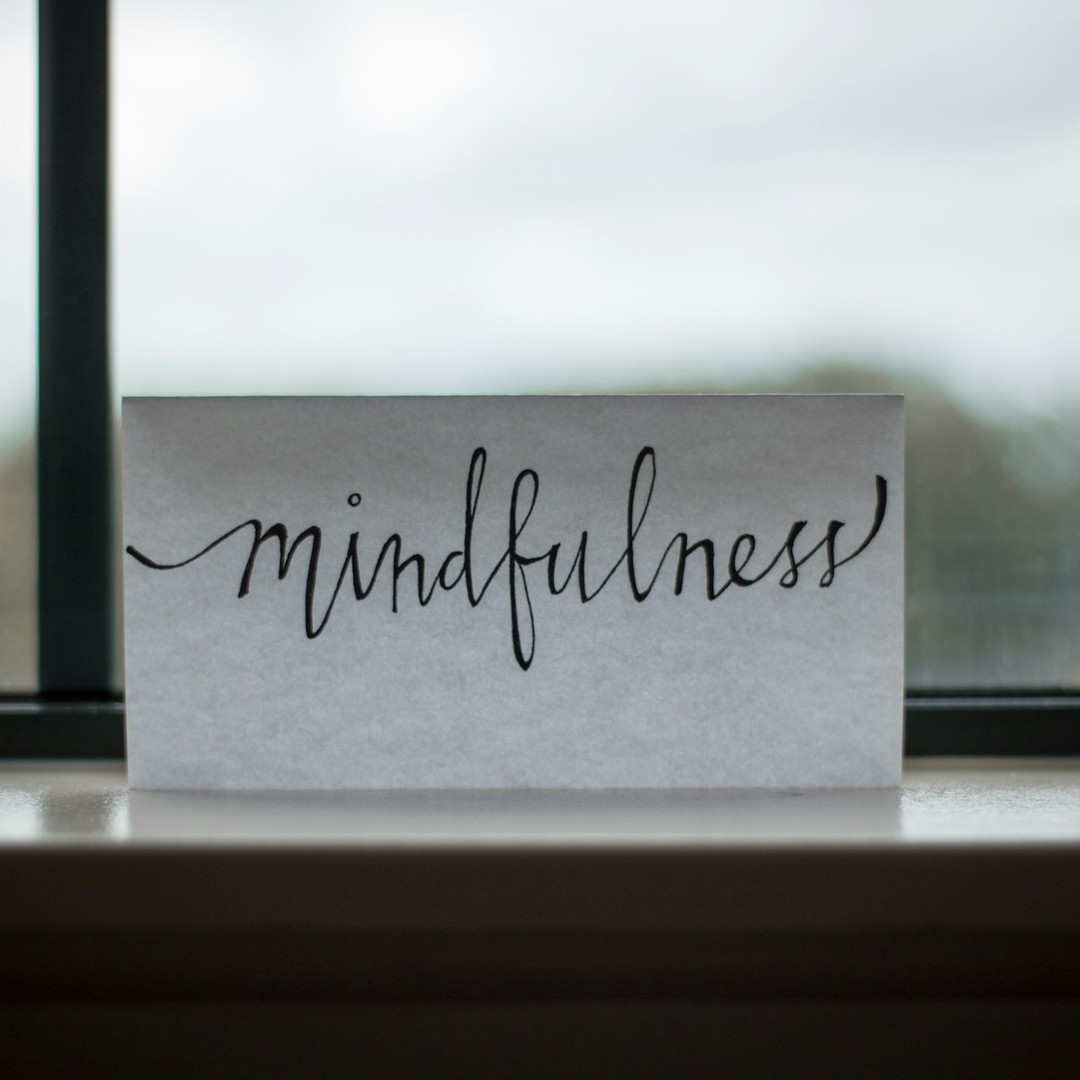In our fast-paced, hyper-connected world, digital nomads enjoy the freedom to work remotely and explore new places. However, being constantly online can have a negative impact on our mental and physical well-being.
This is where the concept of digital detox comes in - an opportunity to switch off, re-energize and reconnect with the world around us. In this blog post, we present some practical tips for digital nomads to take some digital time out.
1. Set boundaries
One of the biggest challenges for digital nomads is maintaining a healthy work-life balance. It's important to draw clear boundaries between work and personal life. Set specific work hours and stick to them. Avoid the temptation to check email or respond to work-related messages outside of those hours. By setting boundaries, you can create space for relaxation, exploration, and recreation.
2. Switch off regularly
Set aside specific times throughout the day or week when you completely disconnect from digital devices. Whether it's an hour in the morning or a full day on the weekend, use this time for activities that bring you joy and allow you to be present in the moment. Explore the local culture, engage in sports, or simply relax with a book. By consciously choosing to disconnect, you can experience a sense of freedom and reduce digital dependency.
3. Engage with nature
Digital nomads are often surrounded by breathtaking landscapes and natural wonders. Take advantage of your surroundings by spending time outdoors. Go hiking, take a dip in the ocean, or simply sit in a park and enjoy the beauty of nature. Connecting with nature has a calming effect on the mind and helps relieve stress. Take this opportunity to disconnect from technology and enjoy the wonders of nature.
4. Practice Mindfulness
Digital detox isn't just about disconnecting from technology, it's also about reconnecting with yourself. Incorporate mindfulness practices into your daily life to cultivate awareness and find inner peace. Take a few minutes each day to meditate, do deep breathing exercises, or engage in mindful movement, such as yoga. By anchoring yourself in the present moment, you can reduce anxiety, focus better, and increase your overall well-being.
5. Prioritize offline connections
Although digital nomads often rely on virtual communication, it's important that you maintain face-to-face connections. Seek out local communities, attend meetups, and connect with like-minded people who share your interests. Having meaningful conversations and building genuine relationships can greatly enhance your journey as a digital nomad. Take the time to cultivate relationships offline and create lasting memories beyond the digital world.
6. Create tech-free zones
Set aside specific areas or times where technology is off limits. Whether it's in the bedroom or during certain hours before bed, tech-free zones promote better sleep and relaxation. Avoid using devices right before bed, as the blue light from screens can disrupt your sleep patterns. Instead, use this time to relax, read a book, or engage in calming activities that prepare your mind for a restful night.
Conclusion
As a digital nomad, digital detox is important for your well-being and overall happiness. By setting boundaries, consciously switching off, engaging with nature, practicing mindfulness, prioritizing offline connections, and establishing tech-free zones, you can find your balance and nourish your soul.
Remember that the digital world will always be there, but the precious moments of your nomadic journey are fleeting. So, power down, recharge, and enjoy every moment of your incredible adventure.
